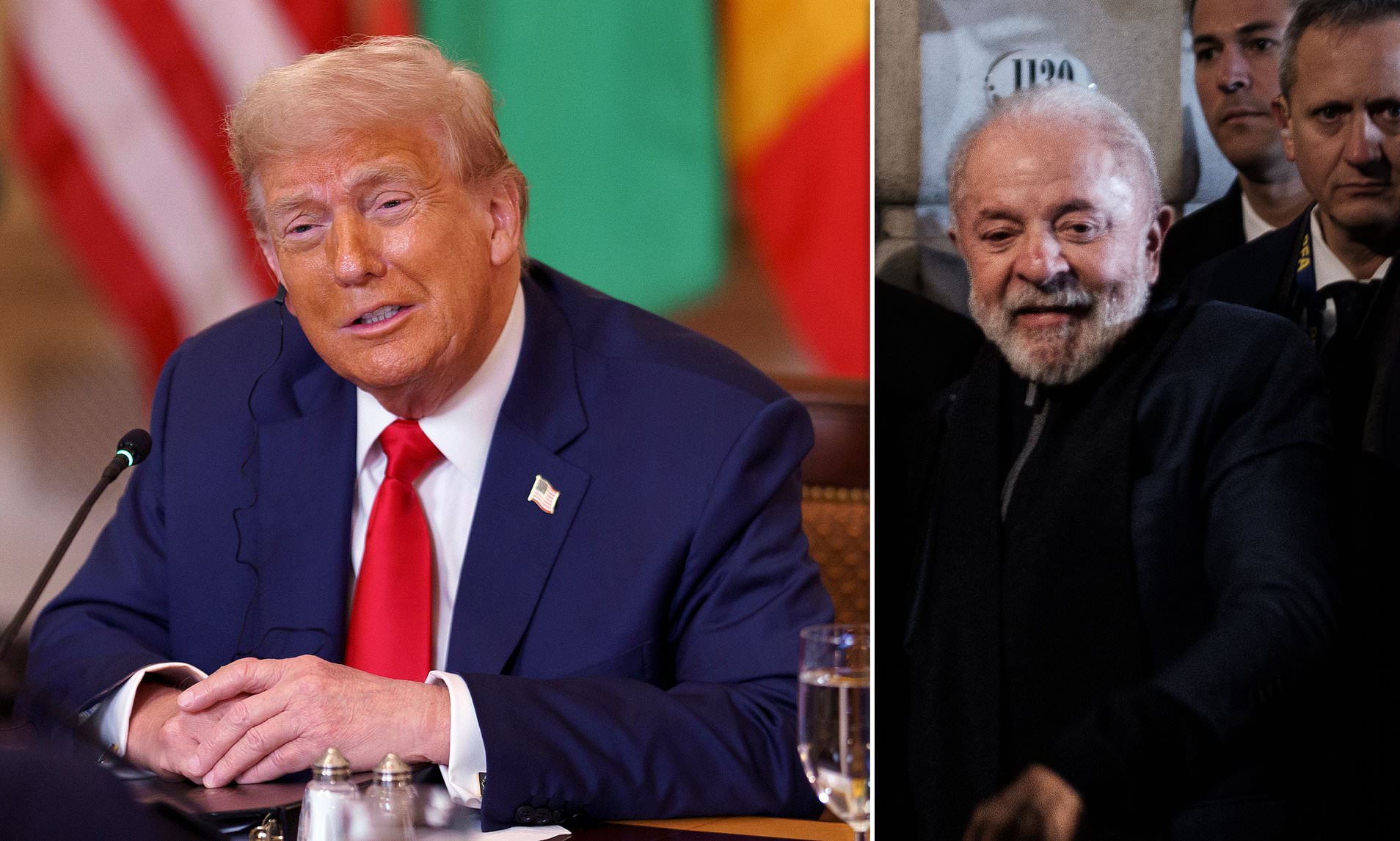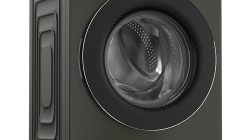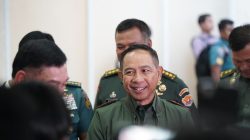Trump Imposes 50% Tariff on Brazilian Imports Over Bolsonaro Trial
President Donald Trump has imposed a 50% import tariff on all goods from Brazil to the United States, citing the country’s treatment of former President Jair Bolsonaro as a reason. The move is seen as a response to what Trump calls a “witch hunt” trial against Bolsonaro, who was accused of attempting to overturn his 2022 election loss.
In a letter addressed to Brazilian President Luiz Inácio Lula da Silva, Trump criticized Brazil for its handling of the case, calling it an “international disgrace.” He emphasized that the trial should not be taking place and demanded it end immediately. Trump also highlighted his friendship with Bolsonaro, recalling hosting him at his Mar-a-Lago resort in 2020.
The former president argued that the tariffs are also a reaction to Brazil’s actions against free elections and free speech rights in the U.S. Specifically, he pointed to a decision by Brazil’s Supreme Court to fine and temporarily block U.S. social media companies last year, which he described as “secret and unlawful censorship orders.”
Trump announced the tariff under Section 301 of the Trade Act of 1974, which targets countries with unfair trade practices. Starting August 1, the U.S. will impose a 50% tariff on any and all Brazilian products entering the country. This includes goods that attempt to evade the tariff through transshipment, which would also be subject to the higher rate.
Brazil’s Vice President Geraldo Alckmin responded to the tariff increase, stating there is “no reason” for the U.S. to raise tariffs on Brazil. He suggested that Trump may have been misinformed, emphasizing that Brazil’s judiciary handles such matters independently without external interference.
Despite the tariff increase, the U.S. maintained a $6.8 billion trade surplus with Brazil in 2023, according to the Census Bureau. However, the new rates represent a significant jump from the 10% tariff Trump had previously levied on Brazil as part of his April 2 ‘Liberation Day’ announcement.
Brazil exports a variety of goods to the U.S., including oil, orange juice, coffee, iron, and steel. The new tariffs could impact these sectors significantly. Trump has claimed the high tariffs are aimed at addressing trade imbalances and reindustrializing America, but the connection between the tariffs and these goals remains unclear.
In addition to Brazil, Trump sent similar letters to the leaders of seven other nations: the Philippines, Brunei, Moldova, Algeria, Libya, Iraq, and Sri Lanka. Most economic analyses suggest that such tariffs could worsen inflation and reduce economic growth. However, Trump has used these measures to assert the U.S.’s diplomatic and financial influence over both allies and rivals.
His administration claims the tariffs will help reduce trade imbalances, offset the cost of recent tax cuts, and bring factory jobs back to the U.S. Trump stated that he is keeping the number of complaints low and maintaining a conservative approach.
The European Union, a major trade partner of the U.S., indicated they do not expect to receive a similar letter from Trump outlining tariff rates. Trump began the process of announcing tariff rates by imposing 25% import taxes on Japan and South Korea, following a 90-day negotiation period with a baseline levy of 10%.
Countries receiving the letters have until August 1 to negotiate, but Trump has made it clear there will be no extensions for those who receive them. He has also warned of additional tariffs on any country that retaliates against the new measures.
This latest move by Trump continues his pattern of using trade policies as a tool for political leverage, reflecting his broader strategy of asserting American economic power on the global stage.







